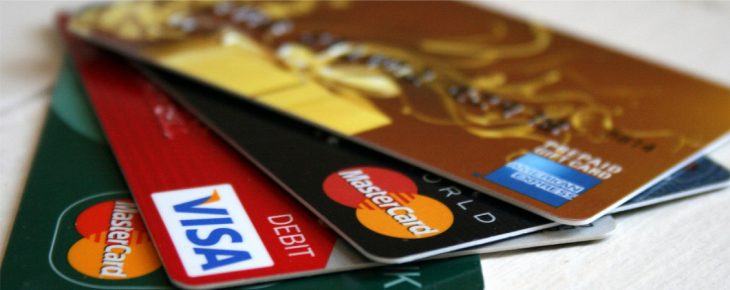Money Talk: Average household credit card balance tops $16,000 in 2016
by December 19, 2016 12:44 am 325 views

Editor’s note: Each Monday, Talk Business & Politics provides “Money Talk,” a wrap-up of banking and financial news.
––––––––––––––––
AVERAGE HOUSEHOLD CREDIT CARD BALANCE TOPS $16,000 IN 2016
According to NerdWallet’s annual American Household Credit Card Debt Study, U.S. consumers now owe $12.35 trillion in total debt, and the average household with a credit balance owes $16,061 on its cards alone. Credit card debt is one of the most expensive types of debt, and consumers who carry it pay an average of $1,292 per year in interest on it, assuming an average annual percentage rate of 18.76%. The average cost of interest is expected to reach $1,309 per year following the U.S. Federal Reserve’s next rate increase.
Other key findings show that cost of living increases have outpaced income growth over the past 13 years. Median household income has grown 28% since 2003, but expenses have grown significantly more. Medical costs increased by 57% and food and beverage prices by 36% in that same span. Overall, total debt owed by U.S. consumers is expected to surpass the amounts owed at the beginning of the Great Recession by the end of 2016. At that pace, Americans will soon owe more than they did in December 2007. To view the report, click here.
JPMORGAN CROSSES $1 TRILLION MARK FOR THE FIRST TIME IN MERCHANT TRANSACTIONS ON STRONG 2016 HOLIDAY SHOPPING
JPMorgan Chase crossed the $1 trillion mark in year-to-date merchant processing volume, a first in the firm’s history. Merchant processing volume at the U.S. banking giant has grown annually from $750 billion in 2013 to nearly $950 billion in 2015. According to company officials, Black Friday 2016 had an increase of 12% in total transaction dollar volume, and Cyber Monday was 30% higher than last year. JPMorgan Chase is the No. 1 ranked merchant acquirer worldwide according to the April 2016 Nilson Report and is capable of authorizing transactions in more than 120 currencies.
IHS MARKET: GLOBAL, U.S. ECONOMY TO EXPAND AT RATE OF 2.8% IN 2017
The global economy is expected to expand at a rate of 2.8% in 2017, better than the 2016 rate, but marking a sixth consecutive year below 3%, according to a forecast from Nariman Behravesh, chief economist at IHS Markit. As the Trump administration prepares to take office, the U.S. economy is forecast to expand on positive business and consumer confidence, and implementation of tax cuts and infrastructure spending enacted early in 2017.
On the downside, the rise in interest rates and the dollar will erode some of the positive effects of stimulus. IHS Markit predicts that U.S. growth will increase to 2.3% in 2017 and 2.6% in 2018. IHS Markit believes that the balance of these trends will be moderately positive for global growth, which is expected to increase from 2.5% in 2016 to 2.8% in 2017 and 3.1% in 2018. The global growth outlook for 2017 is the summary forecast in Behravesh’s annual Top 10 Economic Predictions, noted here.
